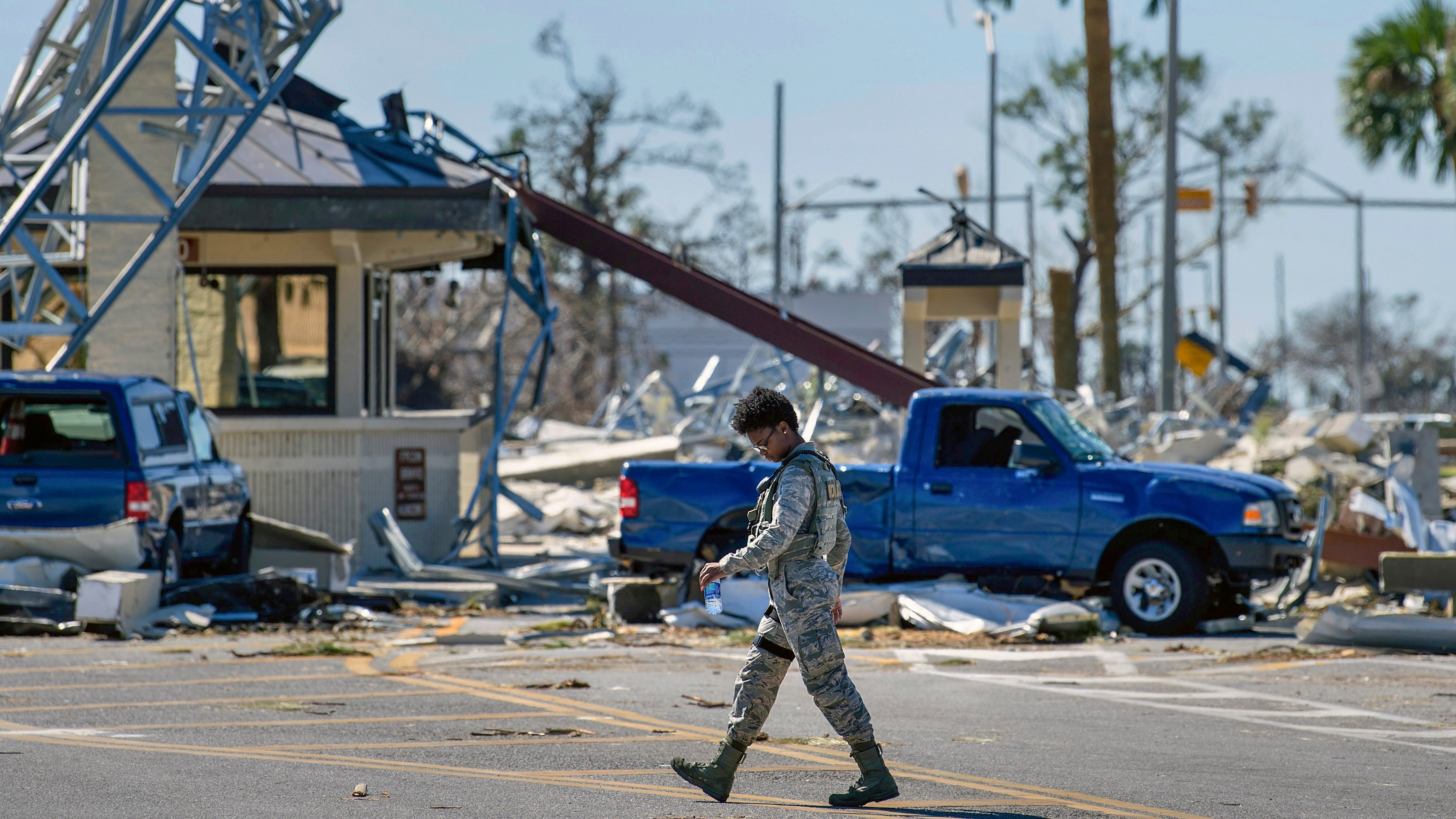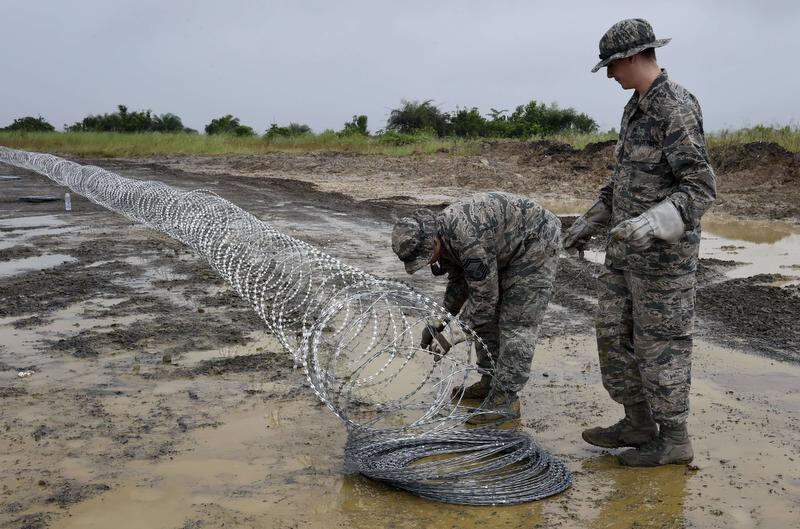The medical group at Yokota Air Base in Japan is warning U.S. military personnel to be aware of symptoms of the deadly virus originating from Wuhan, China, after a case was reported in nearby Kanagawa prefecture, home to Yokosuka Naval Base, Naval Air Facility Atsugi and the U.S. Army’s Camp Zama.
In a message posted to the base’s Facebook page Wednesday, the 374th Medical Group issued a public health alert about the new coronavirus that has sickened more than 600 people and killed at least 17.
According to the message, a resident of Kanagawa contracted the pneumonia-like illness during a visit to Wuhan in early January and was hospitalized after returning to Japan. He has since recovered and been released.
Roughly 50,000 U.S. service members are assigned to U.S. Forces Japan, many with accompanying family members. The alert listed the signs and symptoms and urged anyone with concerns to contact the group’s public health office.
2019-nCoV, as the illness is referred, is a previously unknown virus that has infected more than 600 people, including residents of China and travelers to Wuhan — at least two from Thailand, one from the Republic of Korea and the case in Japan as of Jan. 22, according to the World Health Organization.
The Centers for Disease Control and Prevention announced Tuesday that a resident of Snohomish County, Wash., who traveled to China earlier this month developed symptoms after returning to the U.S. and was diagnosed with the virus.
And according to media reports Thursday, at least three cases were reported in Singapore and Vietnam in people who had traveled to China.
The illness, which health officials believe may have originated in a Wuhan seafood market, appears to have “sustained human to human” transmission, according to WHO.
It can cause respiratory symptoms, cough, shortness of breath and fever, and can lead to acute respiratory distress syndrome, kidney failure and death.
CDC officials announced Tuesday that they are expanding screenings for the infection in the U.S. to five airports, adding Atlanta’s Hartsfield-Jackson International Airport and Chicago O’Hare to the three under surveillance since Jan. 18: John F. Kennedy International Airport in New York, Los Angeles International Airport and San Francisco International Airport.
RELATED

Chinese officials took the extraordinary step earlier this week of quarantining Wuhan, a city with a population of more than 11 million people, shutting down all transportation in and out of the city.
The swift response from the Chinese government can be attributed to the lessons learned by officials in 2002 when an outbreak of another coronavirus, SARS, killed roughly 800 people. At the time, officials initially denied that SARS existed and quashed public discussion or speculation about the illness.
With 2019-nCoV, Chinese officials have been proactive in trying to contain the spread, urging citizens to avoid traveling to Wuhan, and banning large gatherings for the Lunar New Year in major cities, including Beijing, over the Lunar New Year, the country’s largest holiday.
U.S. Defense Department employees also have become involved in surveillance and analysis, according to a Defense Threat Reduction Agency, or DTRA, spokesman.
DTRA’s Biological Threat Reduction Program has deployed “a handful of personnel” to help countries in Southeast Asia, including Thailand, learn biosecurity, biosafety, disease detection, laboratory diagnostics, epidemiological analysis and investigation.
“BTRP resources and implements these efforts in close coordination and collaboration with other U.S. partners and the international health community,” Johnny Michael, chief of strategic communications for DTRA, said Wednesday.
RELATED

The Air Force alert, first reported by Stripes, reiterated a CDC recommendation that travelers to Wuhan practice precautions against transmittal, to include staying home if they feel sick and seeking medical care.
According to the memo, anyone who has traveled to the region should:
- Avoid contact with others and additional travel.
- Seek medical care but call ahead to advise the clinic of travel and symptoms.
- Wear a mask or when coughing or sneezing, use a tissue or sleeve – not your hands – to cover your mouth and nose.
- Wash hands with soap and water for at least 20 seconds or use alcohol-based hand sanitizer if soap and water aren’t available.
Patricia Kime is a senior writer covering military and veterans health care, medicine and personnel issues.





